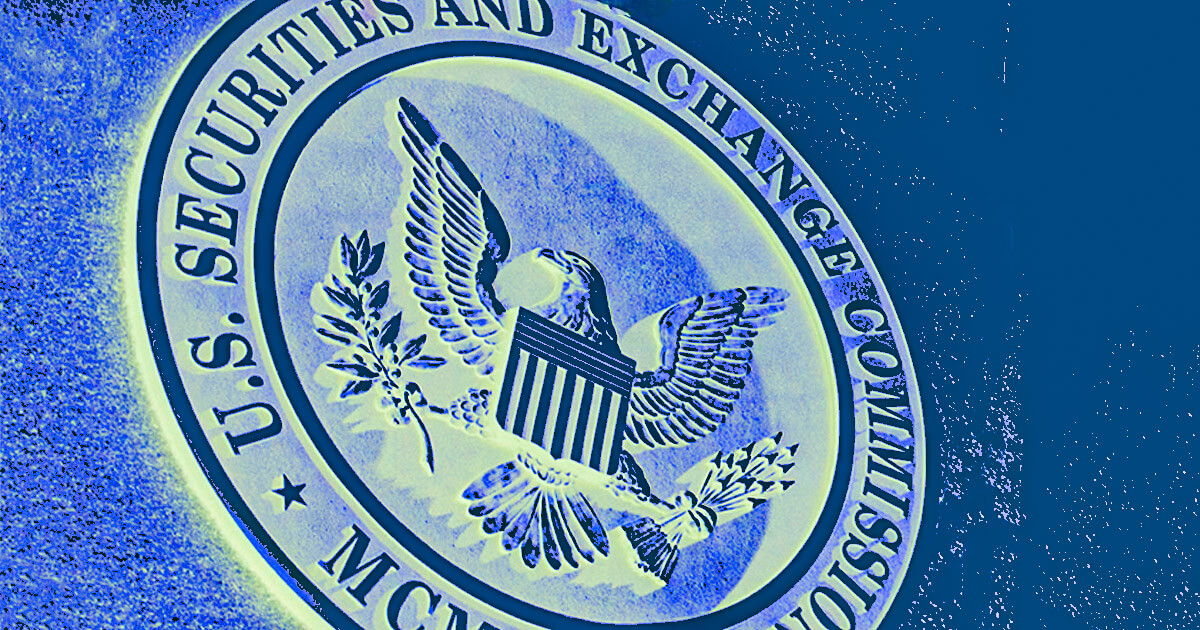India’s G20 presidency could leave a lasting legacy for the world’s financial architecture by paving the way for a global template to regulate crypto assets, steering a shake-up of multilateral development banks that could yield additional financing of $200 billion over eight years to help countries deal with emerging challenges, and advancing financial inclusion.
Top officials signalled that a broad consensus had emerged amongst members of the G20 Finance Track during talks on these issues, with Finance Ministers and Central Bank Governors welcoming 17 deliverables and endorsing 10 outcomes being pursued under India’s presidency.
The likely agreed outcomes, which need to be ratified by G20 leaders at the upcoming summit in New Delhi, include a plan to enhance the capacity of countries to understand the proposed two-pillar framework to tax revenues of multinational firms and global tech giants for urban administrations around the world to finance city development plans. The use of information shared by countries through tax information exchange treaties for non-tax purposes is also being pursued.
“G20 leaders will now decide on how countries can get together to regulate crypto assets more effectively. India has brought the regulation of these assets on the agenda of G20, whose role gained greater importance amid global financial sector woes in 1999 and 2008,” an official said.
“A single country cannot regulate crypto currencies effectively. We have discussed the building blocks for such regulation and a road map, arrived at in consultation with the International Monetary Fund (IMF) whom we roped in to advise on macro-economic implications of these assets and the Financial Stability Board to focus on regulatory concerns,” the official added, adding that India has highlighted the specific risks for emerging markets and developing economies from these virtual assets.
On the reforms of multilateral development banks based on recommendations of a global expert group appointed under the Indian G20 presidency, the official said the group is expected to submit its second report with a roadmap for changes by next month and that it would be taken up at the World Bank and IMF annual meetings scheduled in Marrakesh starting October 9.
India has also been appointed the co-chair of the Global Partnership for Financial Inclusion till 2026 to help implement a Financial Inclusion Action Plan using digital public infrastructure, which G20 members have recognised as being supportive of inclusive growth and sustainable development. “Policy recommendations will guide both emerging and developed economies to scale up financial access for raising growth in an inclusive manner,” another official said.
month
Please support quality journalism.
Please support quality journalism.
Credit: Source link














































